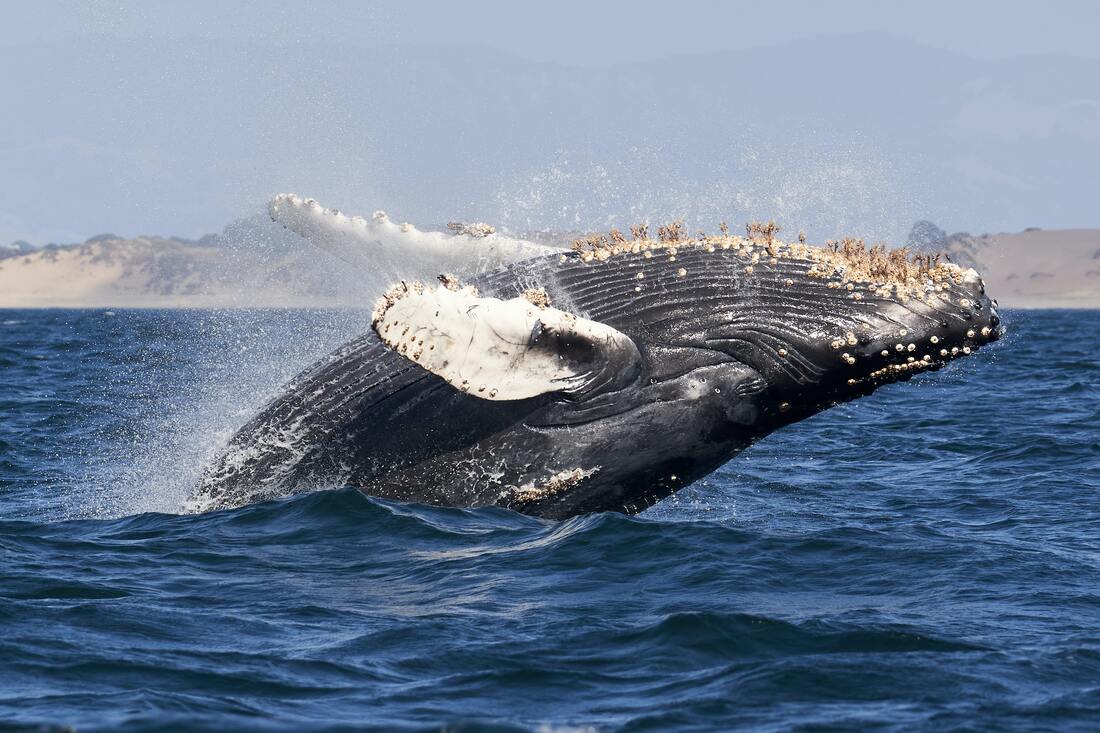Call Me Ishmael
Whitehead and Moby Dick
on the Ruthlessness of God

Photo by Mike Doherty on Unsplash


Ishmael turns out to be less a character than a conduit for other voices and perspectives. This is either a daring experiment in omniscient first-person narration, or a sign that Ishmael is utterly unreliable.
Other voices take over whole chapters, especially that of Ahab as he thumps the ship’s boards like a Lear or Richard III on the Elizabethan stage. As “one in a whole nation’s census […] formed for noble tragedies”, Ahab exerts a strong pull on the narrative, but Ishmael is eager to celebrate the “democratic dignity” of the Pequod’s multiethnic crew of “mongrel renegades and castaways and cannibals”.
For Ishmael, everything is connected and “there is no staying in any one place; for at one and the same time everything has to be done everywhere”.
Herman Melville. By Joseph O. Eaton and an unknown etcher - Library of Congress. Wikimedia CommonsThe forward progress of “what there may be of a narrative in this book” is constantly hampered by Ishmael’s need to consider his subject from all angles, addressing the viewpoints of different characters as well as the perspectives of different cultures and branches of learning, together with historical and mythic parallels, technical details, workplace practices and the philosophical questions these give rise to.
Even in the midst of the final chase that drives the novel to a close with extraordinary momentum, Ishmael cannot resist inserting a footnote to clarify his use of the term “pitchpoling”.
The result is a radically discontinuous, multi-stranded text which insists on its own incompleteness as “but a draft of a draft”. In The Modern Epic (1996), the great literary scholar Franco Moretti contends that novels such as Herman Melville’s Moby-Dick and James Joyce’s Ulysses have become like:
"sacred texts that the modern West has subjected to a lengthy scrutiny, searching in them for its own secret."
But whereas the ancient epic presents the world as a unified and coherent totality, the modern world can only hope to express itself through fragmentation, dialogue, digression and collage.